Ireland’s English Language Sector Criticises Sudden Hike in Student Fund Requirements
 2 Min Read
2 Min Read

Ireland’s English Language Education (ELE) sector is calling for an urgent review of a new immigration policy that significantly raises the financial threshold for non-visa-required international students.
The change, set to take effect from 30 June 2025, will require students from countries such as Argentina, Brazil, and Mexico to show €6,665 in available funds to study in Ireland for eight months—a sharp 120% increase from the previous €3,000 threshold in 2023.
English Education Ireland (EEI), which represents over 60 accredited English language schools, has warned that the sudden move could trigger mass student cancellations, damage Ireland’s reputation as a study destination, and undermine the sector’s recovery post-pandemic.
“This change has come without consultation, justification, or notice,” said Lorcan O’Connor Lloyd, CEO of EEI. “It is difficult to see how a 120% increase in two years can be considered proportionate when the cost of living has risen just 2% annually.”
O’Connor Lloyd further criticised the policy for contradicting Ireland’s existing work-study visa model. While affected students are legally permitted to work part-time during their stay, they are now being required to prove financial backing as if they had no such rights.
Concerns have also been raised about the short 90-day notice period. Many students have already secured their places, paid fees, and booked flights—now facing an unexpected demand to find an additional €2,000 or risk losing their opportunity to study in Ireland.
EEI is urging the Irish government to pause the implementation of the new policy, introduce a transition period for those already enrolled, and commit to a formal consultation process with education stakeholders.
As Ireland continues to promote itself globally as a welcoming and affordable destination for international learners, the ELE sector warns that sudden policy shifts like these could harm both student confidence and long-term market growth.
Source: THE PIE NEWS
Top Stories

British Council Hosts New Directions South Asia 2025 in India
February 28, 2025 | By Ezra
Bangor University to Cut 200 Jobs Amid Financial Crisis
February 27, 2025 | By Jace
AI-Generated Journalism Fails to Meet Audience Expectations: RMIT Report
February 26, 2025 | By VaidantMore Articles
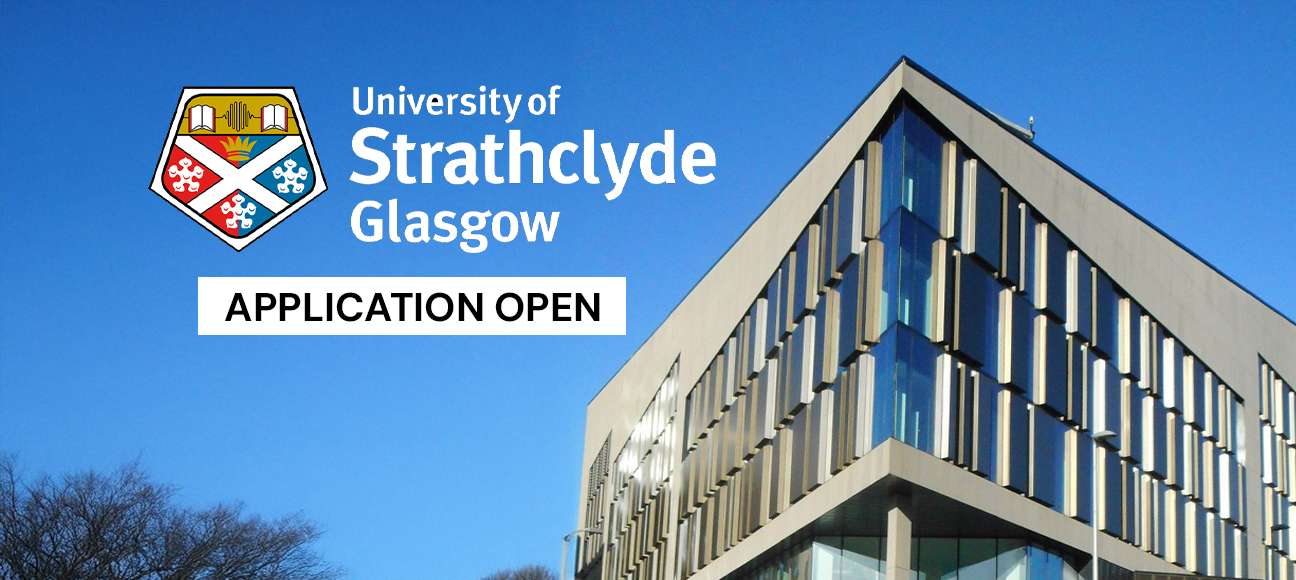
University of Strathclyde Opens Applications for MRes in Mathematical Sciences for September 2025
The University of Strathclyde, based in Glasgow, Scotland, is now accepting applications for its one-year…
By Jace

Malaysia’s New 6% Service Tax on Private Education to Impact International Students
Malaysia will implement a 6% service tax on private education for international students…
By Advay

Spain Offers Fast-Track Visas to International Students Affected by U.S. Visa Policies
In a strategic bid to position itself as a global education hub, Spain has unveiled a fast-track…
By Ezra

Canada Mulls Tweaks to Study Permit Cap as Sector Faces Job Losses and Financial Strain
The Canadian government is considering potential adjustments to its controversial cap on…
By Henry

Trump Reassures Chinese Students Amid Visa Crackdown Concerns
In a surprising shift in tone, former US President Donald Trump has declared that…
By Vaidant

US Tightens Social Media Screening for Student Visa Applicants
In a move drawing sharp criticism from immigration experts, the United States has…
By Neerav

India–Canada Diplomatic Reset Boosts Student Confidence, Sparks Surge in Canadian College
The recent improvements in diplomatic tensions between India and Canada has reignited student interest in Canadian universities, with…
By Siya

Uzbekistan Offers Fully Funded Master’s Scholarships to Indian Students in Tourism and Heritage
The Republic of Uzbekistan has announced five fully funded scholarships exclusively for…
By Jace

Uzbekistan Announces Fully-Funded Master’s Scholarships for Indian Students
The Republic of Uzbekistan has opened applications for five fully-funded scholarships exclusively for…
By Daniel

Five International Universities to Open Campuses in Mumbai
In a major development for India’s transnational education (TNE) landscape, five international universities…
By Kai

US Resumes Student Visa Interviews
The United States has resumed student visa interviews globally after a nearly four-week…
By Henry

IIT Delhi, Bombay Among Top 130 in QS World University Rankings 2026
India Rises in QS World University Rankings 2026 as IIT Delhi and IIT Bombay Enter Global…
By Ezra
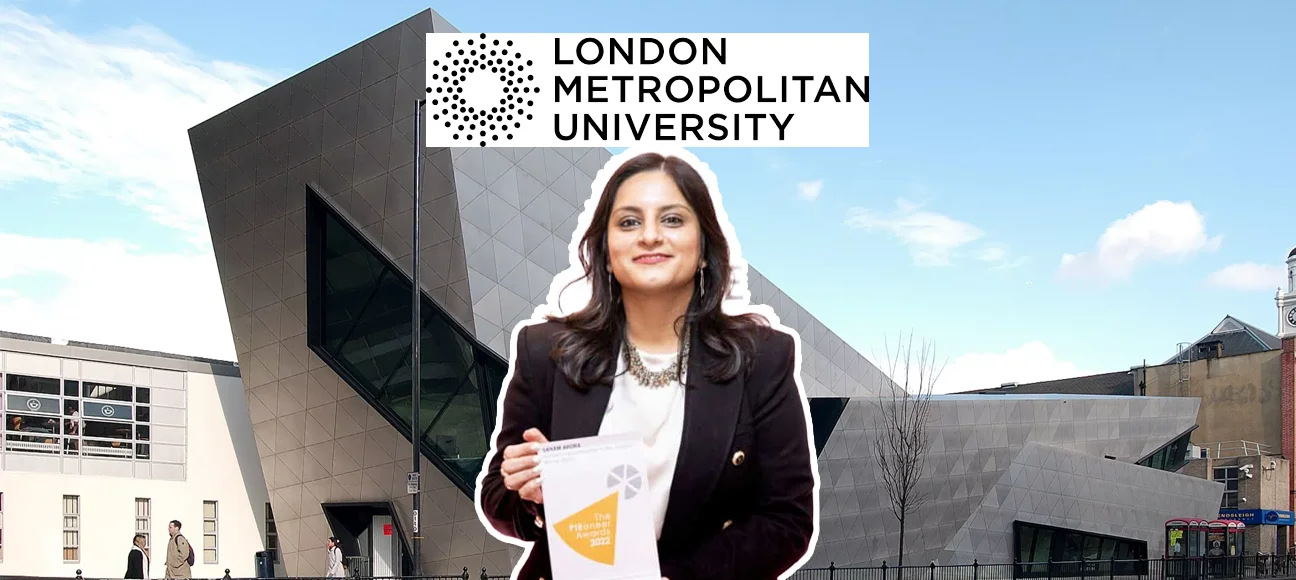
NISAU Founder Sanam Arora Joins London Metropolitan University Board of Governors
London Metropolitan University has appointed Sanam Arora, chair of the National Indian Students and…
By Vaidant

Wales Emerges as Rising UK Hub for International Students
Wales is fast becoming a leading destination for global learners, with new data revealing the country…
By Aahana

Perth International College of English Closes Amid Visa Fee Hikes and Enrolment Struggles
The Perth International College of English (PICE), a long-standing institution in Australia’s ELICOS…
By Advay

King’s College School Wimbledon to Launch Flagship International Campus in Abu Dhabi
King’s College School Wimbledon has announced its plans to open a new international campus in Abu Dhabi, in…
By Siya

Swinburne University to Offer Australian Degrees in Qatar Through Barzan University College Partnership
Australia’s Swinburne University of Technology has announced a strategic partnership with Barzan University College…
By Neerav

Uzbekistan Sees Surge in Indian Student Enrolment, Driven by Medical Aspirants
The number of Indian students pursuing higher education in Uzbekistan has witnessed a dramatic rise, with…
By Daniel

University of Strathclyde Offers £7,000 International Masters Scholarship in Physics
The University of Strathclyde in the United Kingdom has launched a new round of £7,000 International Masters…
By Kai

Ongoing US Visa Freeze Disrupts Summer Exchange Programmes
A continuing freeze on US visa interview appointments is threatening to derail thousands…
By Jace

UAE Flags Overseas Universities Exploiting Emirati Students Amid New Recognition Rules
The United Arab Emirates has raised serious concerns about the quality of education offered to Emirati…
By Aahana

Germany Cautions Indian Students: Avoid Study Abroad ‘Package Deals’ from Unreliable Agents
Germany has issued a strong advisory to Indian students, urging them to avoid relying on…
By Ezra

East Asia Ramps Up Internationalisation as Western Study Destinations Face Policy Shifts
As traditional study destinations such as the UK, US, Canada and Australia tighten immigration…
By Daniel

UK Remains a Top Choice for International Students Despite Immigration White Paper Concerns
Despite growing apprehensions surrounding the UK government’s recent immigration…
By Advay

UK Boarding School Launches Elite Football and Education Programme for Global Students
Abbotsholme School in Staffordshire, United Kingdom, has unveiled an elite football…
By Henry

Duolingo Launches USD 30,000 Scholarship for Indian Women in STEM Pursuing Studies in the US
The Duolingo English Test (DET), in collaboration with the Office of the Principal Scientific Adviser to the…
By Vaidant

Over 1.33 Crore Students Sit for Gaokao, China’s National College Entrance Exam
More than 1.33 crore students across China took the Gaokao on Saturday, the country’s high-stakes national college entrance…
By Siya

Nepal to Offer Free Visas for International Students in Bid to Boost Education Appeal
Nepal has announced it will offer free student visas to international learners enrolling at its…
By Neerav

UAE Tightens University Ranking Criteria for Emirati Students Studying Abroad
The United Arab Emirates has introduced new regulations that limit where Emirati students…
By Henry

Trump Blocks New Visas for Harvard International Students in Escalating Row
In a dramatic escalation of tensions between the Trump administration and Harvard…
By Daniel

Trump Issues Sweeping Travel Ban on 12 Nations, Including Afghanistan and Iran
Former U.S. President Donald Trump has signed a new proclamation blocking citizens from 12…
By Kai

Rising Rents Deepen UK Student Housing Affordability Crisis
The United Kingdom is facing a worsening student housing affordability crisis, with new data revealing a 15% rise in the…
By Advay

US Orders Social Media Vetting for Harvard Visa Applicants, Raising Global Concerns
The United States has begun implementing enhanced social media screening for all international applicants bound for Harvard…
By Kai

US Visa Interview Freeze Puts Future of International Students in Jeopardy
A freeze on student visa interviews by the US State Department has raised alarm across the international education sector, threatening…
By Aahana
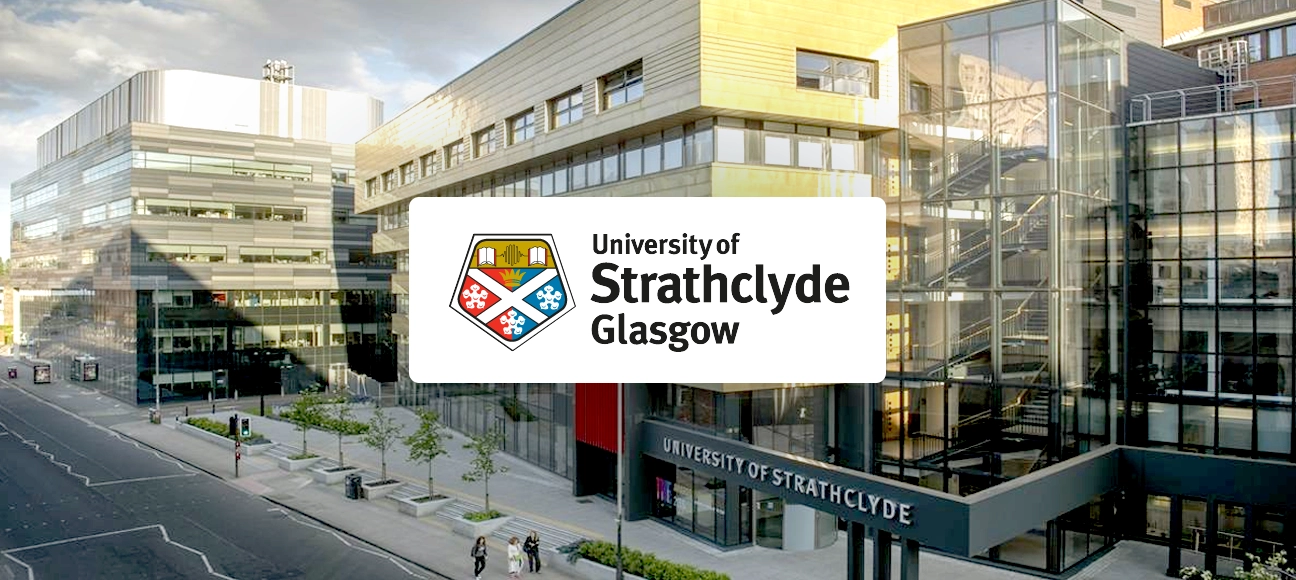
Strathclyde Business School Announces £8,000 Scholarships for 2025 International MSc Students
In celebration of Glasgow’s 850th anniversary, the University of Strathclyde Business School (SBS), Glasgow, Scotland…
By Daniel
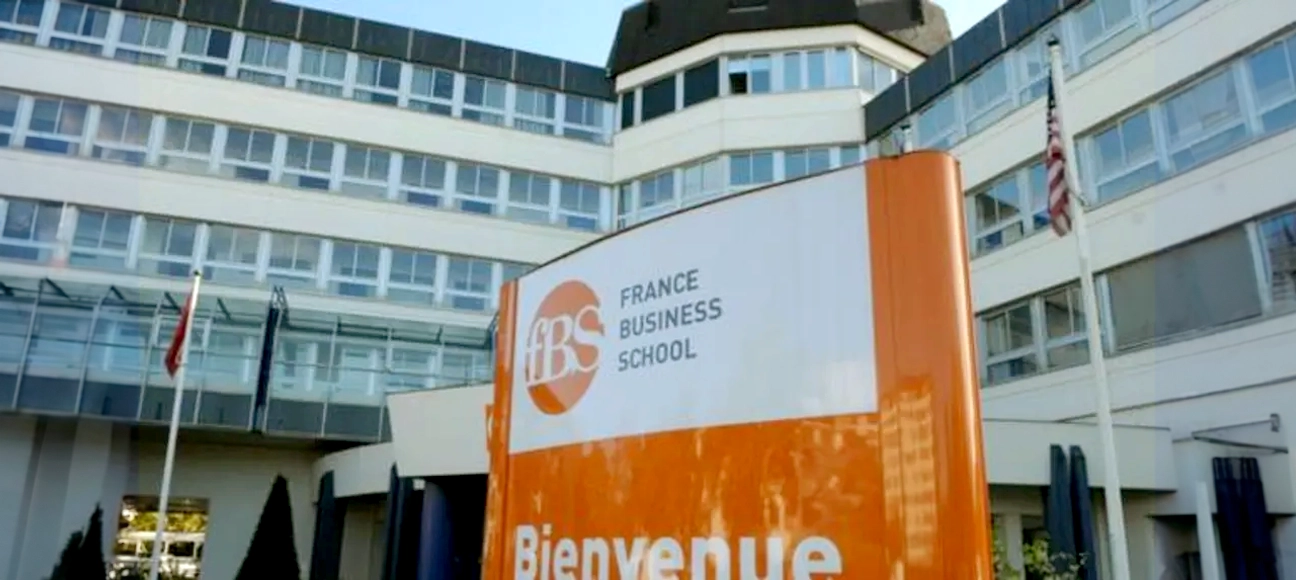
French Business School Offers Safe Haven to Students Affected by US Visa Chaos
As international students face mounting visa hurdles in the United States, France has stepped forward with an…
By Ezra

Harvard Wins Temporary Relief as US Court Blocks Trump’s Ban on International Students
A United States judge has issued a preliminary injunction halting the Trump administration’s controversial attempt to bar Harvard…
By Siya

Trump Administration Plans to Withdraw $100m in Harvard Funding Amid Ongoing Dispute
The United States government is reportedly preparing to pull approximately $100 million in federal…
By Neerav

UK Higher Education Sector Braces for “Arbitrary” Visa Compliance Overhaul
The UK government’s proposed changes to the Basic Compliance Assessment (BCA) for international…
By Henry

US to “Aggressively Revoke” Chinese Student Visas Amid Escalating Tensions
In a move likely to deepen China-US tensions, the United States has announced it will…
By Jace

TOEFL Set for AI-Driven Revamp with Adaptive Testing and Simplified Processes
The Educational Testing Service (ETS) has announced major upgrades to the Test of English as…
By Vaidant
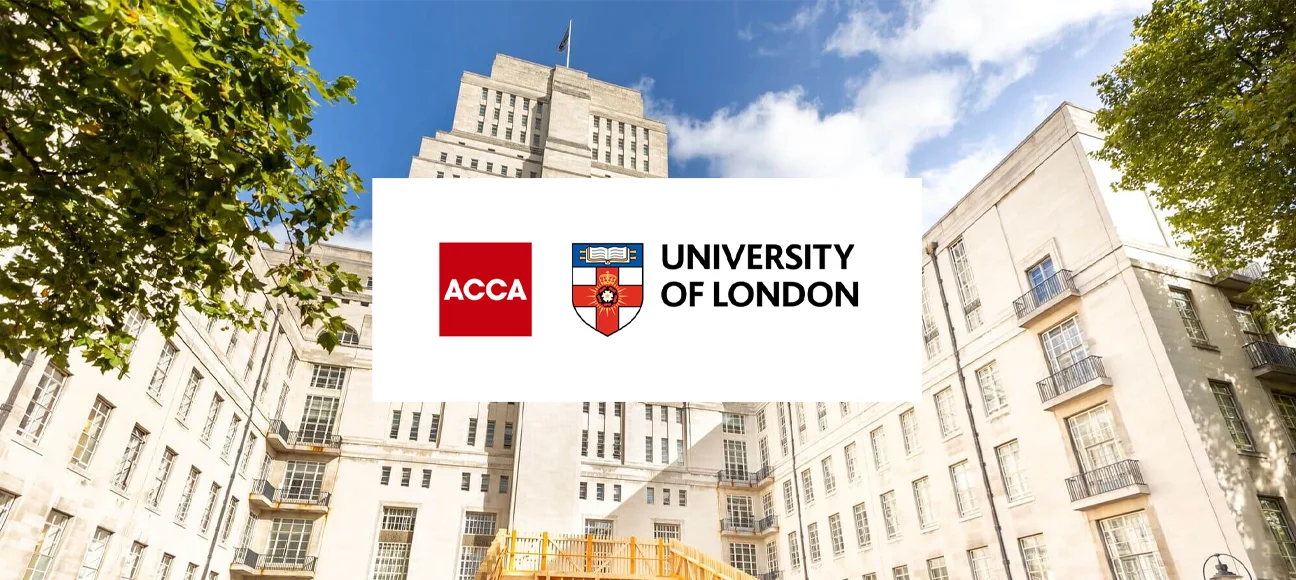
University of London and ACCA Launch Integrated BSc in Professional Accountancy
The University of London, in collaboration with the Association of Chartered Certified…
By Aahana

University of Liverpool Announces New International Campus in India
The University of Liverpool has officially announced plans to establish an international branch…
By Advay

Trump Administration Halts New US Student Visa Interviews Amid Plans for Expanded Social Media Vetting
The United States has temporarily halted the scheduling of new international student visa interviews at…
By Kai

Five Oxford Researchers Elected Fellows of UK’s Academy of Medical Sciences
In a significant recognition of academic excellence, five researchers from the University of Oxford…
By Daniel

Study in Denmark: 16 Fully Funded NAD PhD Fellowships in Neuroscience Announced
Denmark is inviting applications for 16 fully funded PhD fellowships in neuroscience through the…
By Ezra

Brown University Confers Degrees to Class of 2025, Urges Grads to Lead with Compassion
Brown University, one of the Ivy League institutions in the United States, has officially conferred…
By Siya

US Judge Blocks Trump Administration’s Ban on International Enrolments at Harvard
A federal judge has temporarily halted the Trump administration’s attempt to prevent Harvard…
By Vaidant

Trump’s Immigration Nominee Vows to End Post-Study Work Visas for International Students
In a move that could significantly impact international education, President Trump’s…
By Neerav

Five Global Universities Set to Establish Campuses in India Under New UGC Regulations
In a landmark move for Indian higher education, five internationally acclaimed universities…
By Henry

University of Portsmouth Launches London Pathway College to Boost Access and Global Engagement
The University of Portsmouth has officially launched its London Pathway College (LPC), marking a major…
By Jace

UK Net Migration Drops Sharply as Student Dependant Ban Takes Effect
The United Kingdom has recorded a significant decline in net migration, marking…
By Advay

University of Sheffield Opens Applications for MA Urban Design and Planning 2025 Intake
The University of Sheffield, UK, has opened admissions for its prestigious MA Urban Design and Planning…
By Daniel

Enhancing the TOEFL iBT for Today’s Learners
ETS has announced several upcoming changes to the TOEFL iBT test that will make the exam more…
By Sunithi

Yale University Honours Eight Visionaries with Honorary Degrees at 324th Commencement
In a celebration of excellence, Yale University conferred honorary degrees upon eight…
By Siya

UK and Ukraine Deepen Education Ties Amid Ongoing Conflict
The United Kingdom and Ukraine have signed a new agreement to strengthen their…
By Aahana
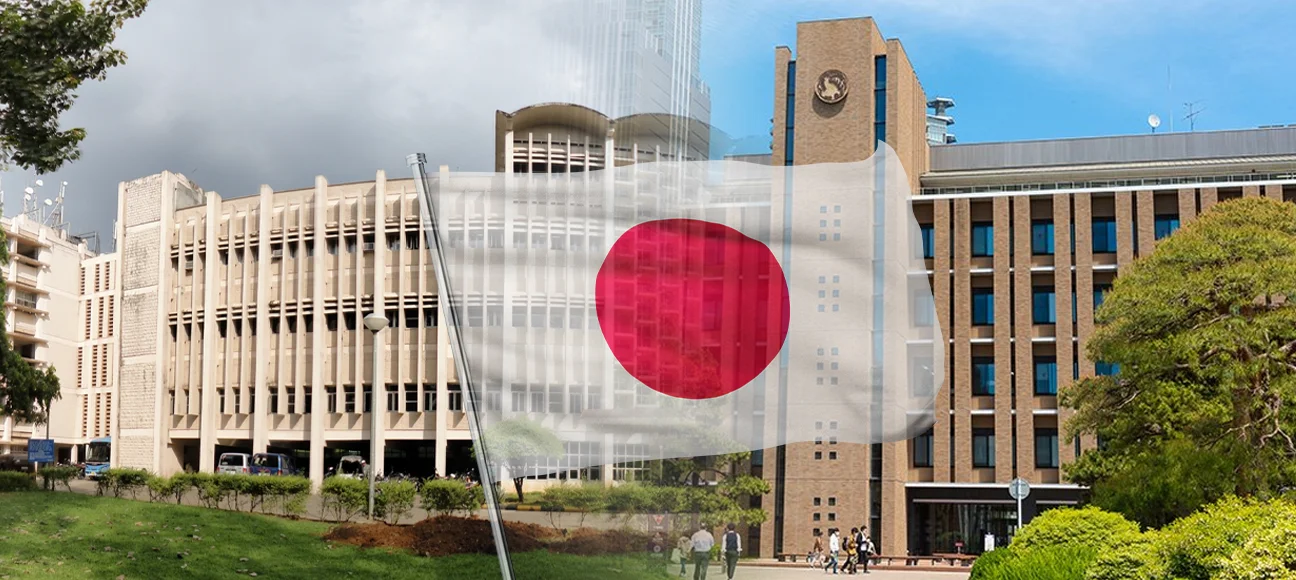
IIT Bombay to Launch First Overseas Centre in Japan in Collaboration with Tohoku University
In a landmark move, the Indian Institute of Technology (IIT) Bombay is set to establish its…
By Neerav

Indian Students Abroad to Get Insurance Cover for Visa Cancellations and Job Loss
In a major development for Indian students studying overseas, insurance companies in India have launched new…
By Kai

Kazakhstan Hits Record Number of International Students Amid Global Partnerships
Kazakhstan has reached a new milestone in its higher education journey, recording an…
By Kai

University of Southampton Delhi and Comviva Partner to Boost Tech Talent in India
The University of Southampton Delhi has announced a landmark collaboration with Comviva, a global…
By Jace

Youth Mobility and Erasmus Return to the Table in EU-UK Talks
In a potential game-changer for young students and professionals, leaders from the United Kingdom and…
By Advay

Oxford University Receives £8.4 Million to Launch Centre for Global Primary Care
The University of Oxford has received a transformative £8.4 million gift from the Fondation Docteur…
By Aahana

UK Immigration Reforms to Begin Soon, But Student Levy Awaits Legislation
Reforms outlined in the United Kingdom’s recently published immigration white paper are expected to…
By Kai

Brown University to Launch New Welcome Centre for Prospective Students and Families
Brown University is set to enhance the campus visit experience with the establishment of a new…
By Daniel

UK Universities Launch Tailored Career Support for Chinese Graduates Returning Home
The University of Birmingham and the University of Glasgow have joined forces to provide targeted career support for Chinese graduates returning…
By Aahana

AAERI Urges Visa Reform Linking Students to Original Institutions in Australia
The Association of Australian Education Representatives in India (AAERI) has called for a significant overhaul of Australia’s student visa system…
By Daniel

COBIS Conference Champions Safeguarding and Purpose-Driven Education
The Council of British International Schools (COBIS) Annual Conference, held in London this week, placed safeguarding and social…
By Advay

European Universities Unite to Defend Academic Freedom Amid Global Uncertainty
European universities have reaffirmed their dedication to academic freedom amid rising concerns over political pressures…
By Ezra

Troy University Students Awarded Prestigious Gilman Scholarships for Study Abroad
Two students from Troy University, USA, have been selected for the highly competitive Benjamin A. Gilman International Scholarship…
By Kai

UAE Launches 10-Year Blue Visa for Sustainability Leaders
The United Arab Emirates (UAE) has officially launched applications for its new 10-year Blue Visa, a long-term…
By Henry

Applications Opening Soon for Postdoctoral Forrest Fellowships 2026 in Australia
Early-career researchers seeking international academic advancement can now prepare to…
By Siya

UK Graduate Route Cut to 18 Months Under Immigration Overhaul
The UK government has unveiled a comprehensive immigration white paper, with Prime Minister Keir Starmer confirming that the…
By Daniel

UK Unveils Stricter English Language Rules in Immigration Overhaul
The UK government has announced a sweeping overhaul of its immigration policy, introducing stricter English language requirements…
By Aahana

UK Higher Education Sector Criticises Proposed International Student Fee Levy
The UK higher education sector has voiced strong opposition to a newly proposed levy on income from international…
By Vaidant

Indian Students Shift Focus from Big Four to Affordable Study Abroad Destinations in Asia and Europe
The long-standing dominance of the “Big Four” study-abroad destinations – the…
By Siya

Indian Students Increasingly Choose Singapore, Ireland, and Dubai Over Traditional Study Destinations
Indian students are increasingly moving away from traditional study-abroad destinations such as the United States, the…
By Ezra

Over 5,000 Jobs Lost in Canada’s Higher Education Sector After Study Permit Caps
More than 5,000 jobs have been lost across Canada’s higher education sector following the federal government’s introduction of a cap…
By Advay

17 Mercer University Students Named Gilman Scholars to Study Abroad
Seventeen students from Mercer University have been selected as recipients of the prestigious Benjamin A. Gilman International Scholarship for…
By Jace

UK and Australian Universities to Open Campuses in Mumbai Amid Growing India Collaborations
In a significant boost to India’s higher education landscape, the University of York (UK) and the…
By Neerav

UK Considers Visa Crackdown Targeting Pakistan, Nigeria, and Sri Lanka
The United Kingdom is reportedly preparing stricter visa restrictions targeting nationals from Pakistan, Nigeria, and Sri Lanka, as part…
By Henry

Study in UK: Four Oxford Academics Elected to US National Academy of Sciences
In a proud moment for British academia, four researchers from the University of Oxford have been elected as…
By Siya
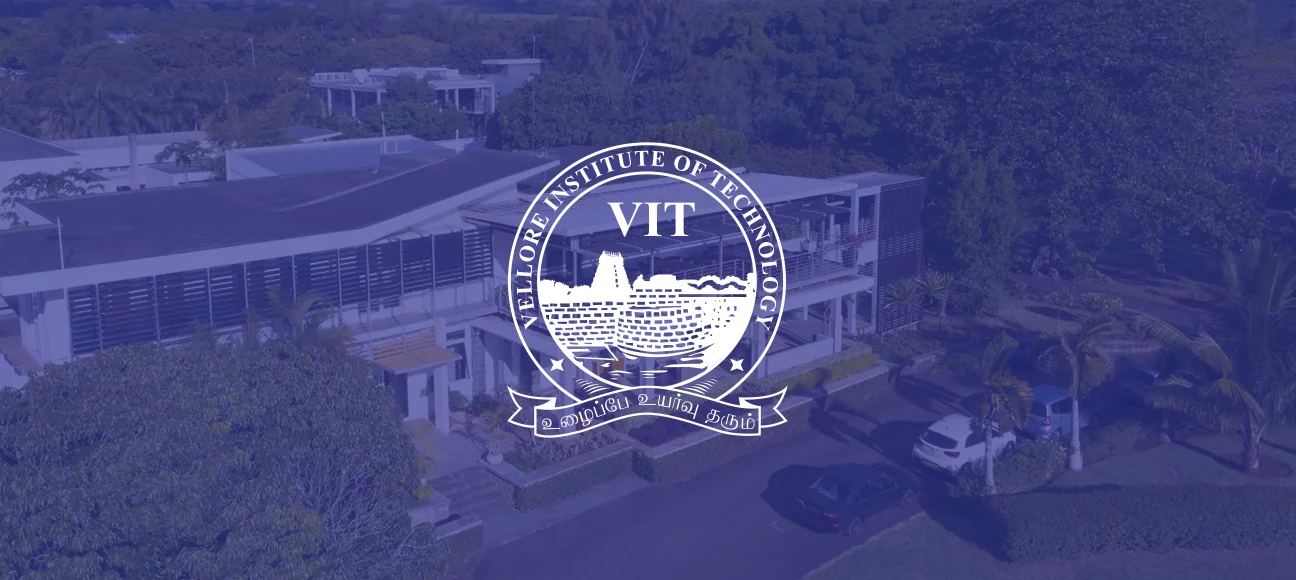
VIT Mauritius Opens UG Applications for 2025 Intake; Apply by 30 June
VIT Mauritius, one of the country’s leading higher education institutions, has opened…
By Kai

Illinois Tech to Become First US University to Establish Degree-Granting Campus in India
In a landmark move, Illinois Institute of Technology (Illinois Tech) is set to become the first…
By Ezra

UK May Restrict Graduate Route to Professional Roles in New Visa Policy Shake-Up
The UK government is reportedly considering tying the popular Graduate Route visa to professional or skilled employment roles, as…
By Ezra

University of Melbourne Study Links Repeated Climate Disasters to Declining Mental Health
A new study by the University of Melbourne, Australia, has revealed that repeated exposure to climate…
By Henry

Imperial College London Develops AI Systems to Support Paediatric Intensive Care in UK-US Collaboration
Imperial College London has launched a groundbreaking collaboration with the Children’s Hospital of Orange County (CHOC) in…
By Neerav
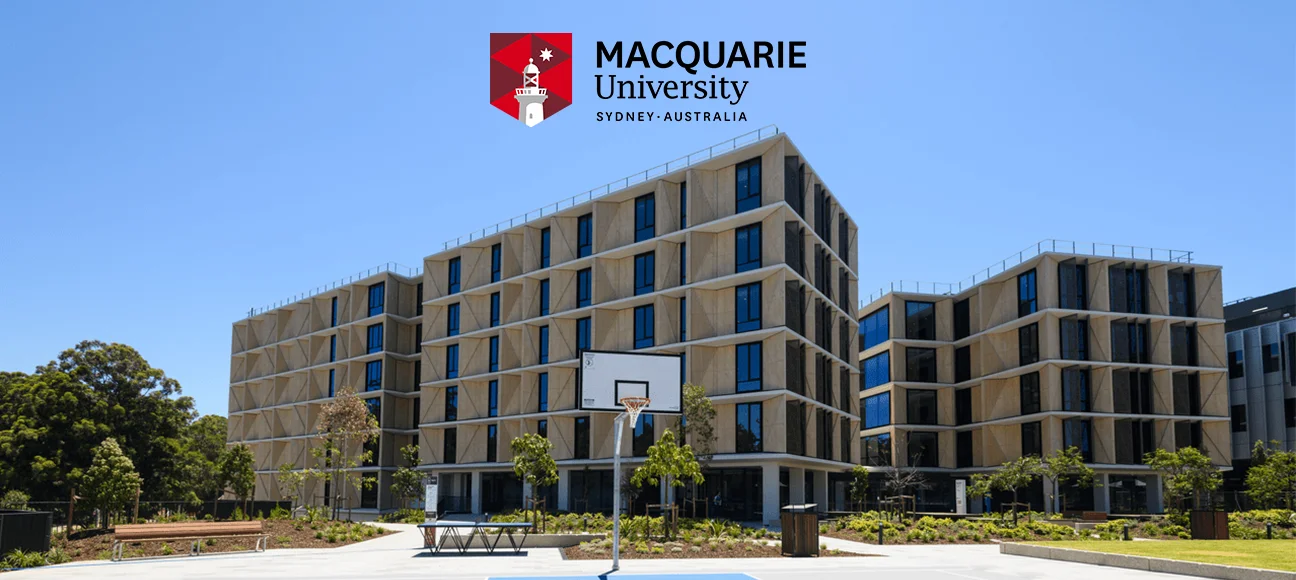
Macquarie University Offers AUD $40,000 Scholarships to Indian Students for 2025-26
In a move set to benefit Indian aspirants aiming for world-class education, Macquarie University in Australia has…
By Advay

Denmark Restricts Work Permits and Family Visas for Foreign Students in New Rules
In a significant policy shift, Denmark has banned work permits and accompanying family visas for international students…
By Daniel

Russia Adds 2,000 Medical Seats for Indian Students Amid Growing Demand
In a significant move for aspiring Indian medical students, Russia has increased the number of medical…
By Vaidant

Oxford Welcomes New Schmidt AI Fellows to Tackle Scientific Challenges with AI
The University of Oxford, England, has welcomed ten new researchers to its prestigious Eric and…
By Jace

US Restores Legal Status of International Students Amid Policy U-Turn
In a significant relief to hundreds of international students, the United States government has begun…
By Aahana

Stephen F. Austin State University Students Win Prestigious Study Abroad Scholarships
Stephen F. Austin State University (SFA) has announced that nine of its students have received prestigious scholarships…
By Ezra
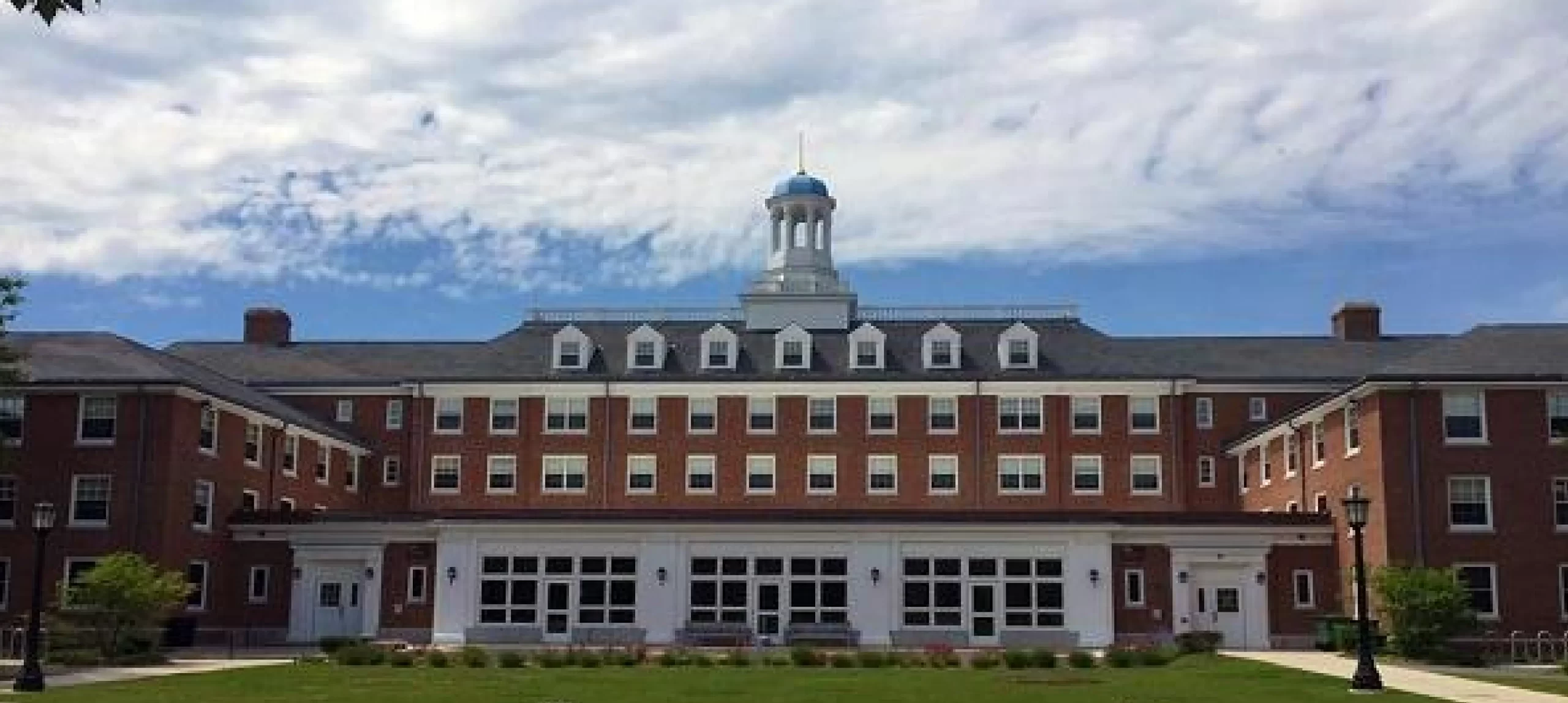
Epsilon and Tufts University Launch New Institute in the US to Advance Clean Energy Materials
The initiative aims to drive innovation in high-performance battery materials and contribute…
By Daniel

International Postgraduates Surpass Domestic Counterparts in the UK for Second Year
For the second consecutive year, international students pursuing postgraduate degrees in the…
By Vaidant

UAE Courts Chinese Students, Showcases Higher Education Opportunities in Beijing
The United Arab Emirates (UAE) is stepping up efforts to attract Chinese students by positioning itself as a…
By Neerav

Trump Administration Reverses Termination of Student Visas Amid Legal Challenge
In a significant policy reversal, the Trump administration has reinstated the legal status of thousands of…
By Siya

NAFSA 2025 to Welcome 8,000 Attendees Despite Policy and Travel Concerns
The 2025 NAFSA Annual Conference & Expo, set to take place in San Diego, is anticipated to draw around 8,000 participants from…
By Advay

University of New Haven to Open Landmark Campus in Saudi Arabia by 2026
The University of New Haven (UNH), United States, has announced plans to open its first overseas campus in…
By Kai

University of Bristol Launches First-Ever Grief Research and Community Engagement Centre
The University of Bristol in the United Kingdom has launched a pioneering Centre for Grief Research and Community…
By Vaidant

Data Error Casts Doubt on International Student Figures in United States
A major data error in the United States has cast serious doubt over the reported number of international students…
By Aahana
